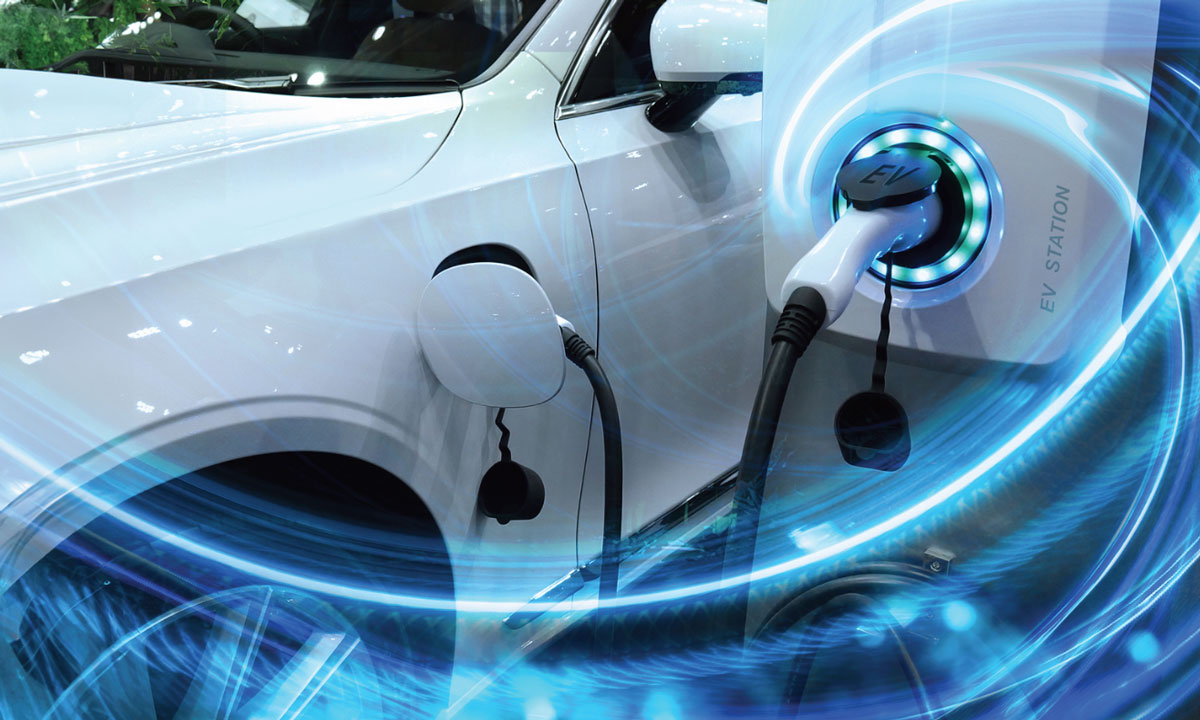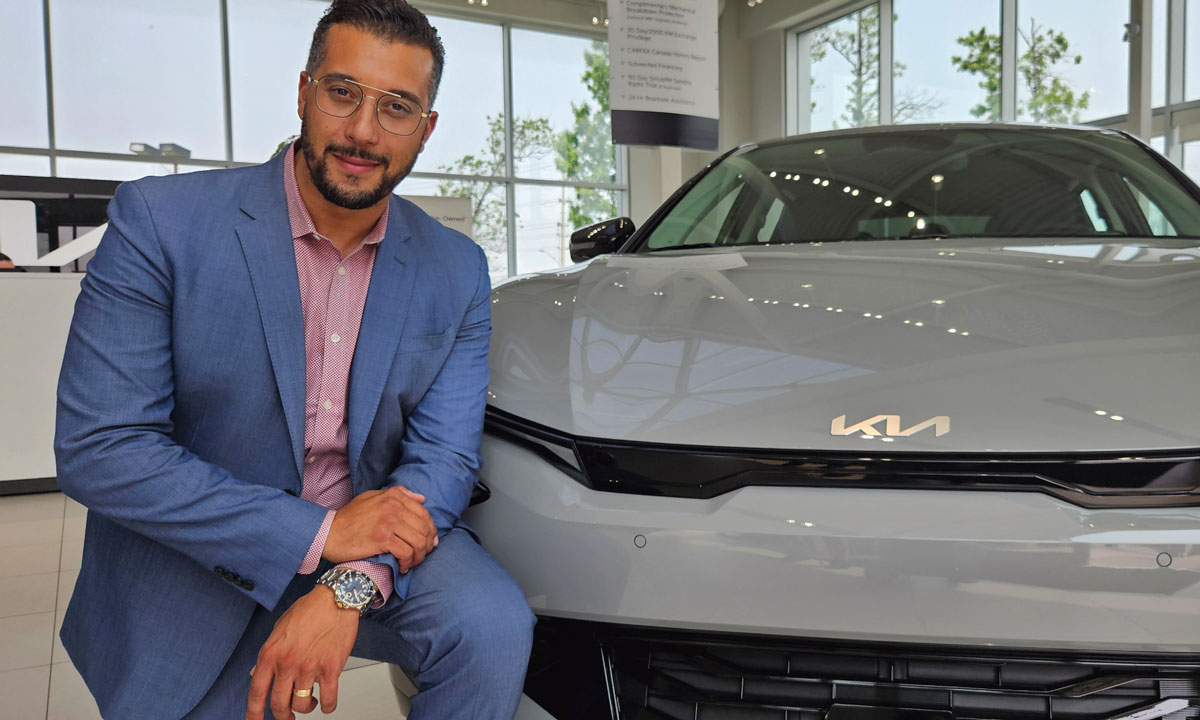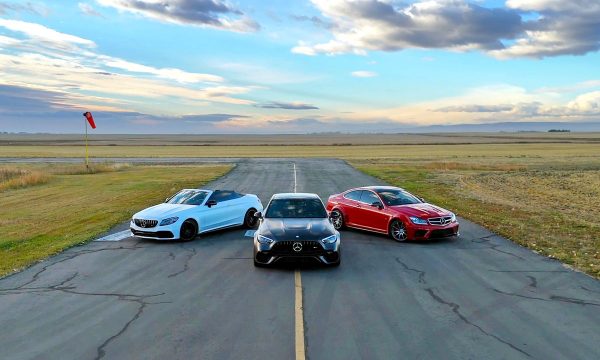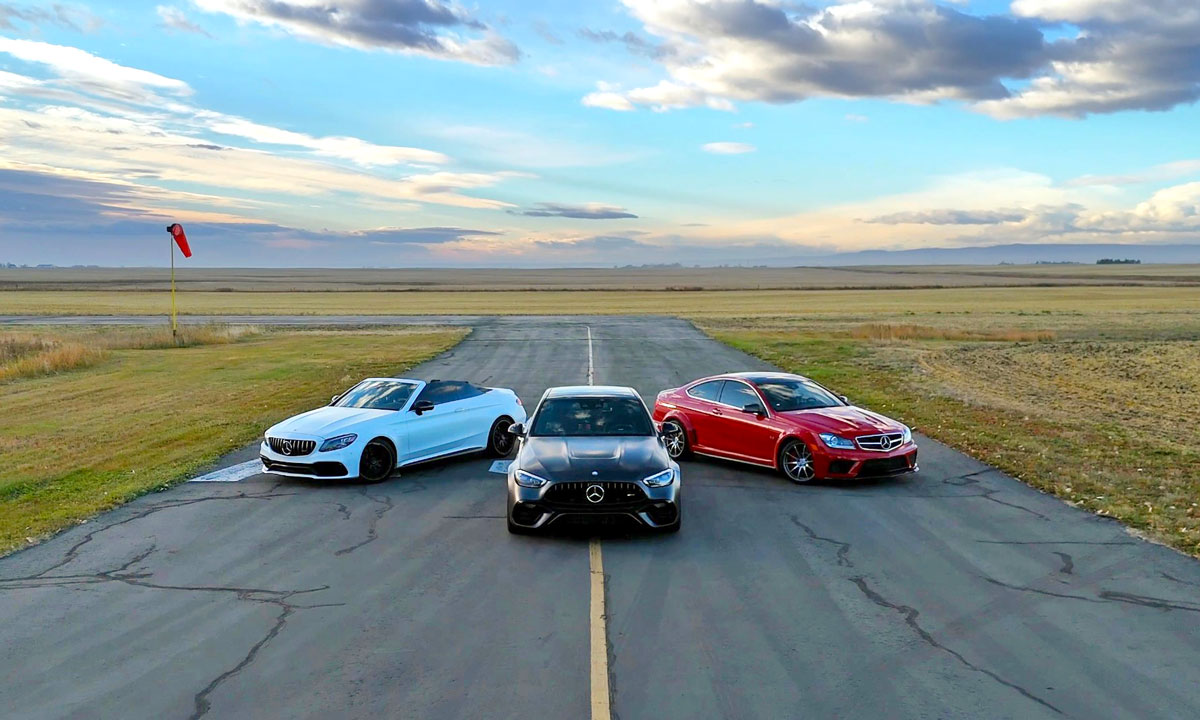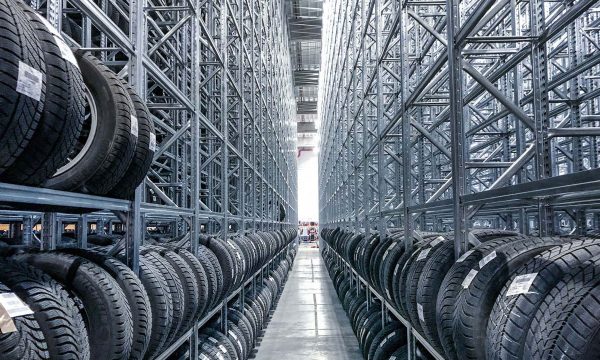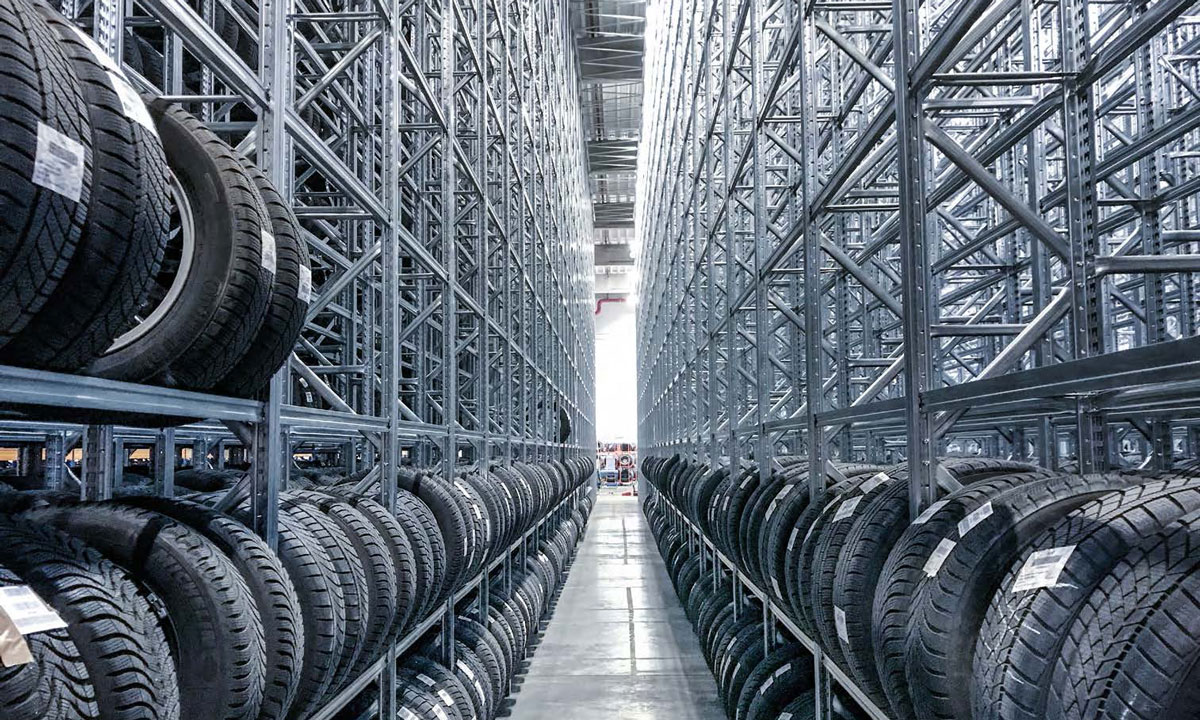Even with slumping demand, vanishing rebates and changing priorities, some dealerships are all charged up about EV sales
These are interesting and challenging times for dealers selling electric vehicles because some manufacturers are actively promoting their EV production plans while others are either shifting their focus, postponing or cancelling investments.
Combined with fluctuating federal and provincial rebates that have created a conundrum for consumers considering when or if to buy, dealers have had to pivot.
Canadian auto dealer contacted several dealers across the country to find out how they are adapting and discovered that brand and geography are keys in terms of why some are increasing EV sales and some are struggling.
Leigh Heppner, General Manager of Preston Chevrolet in Langley, B.C., said EVs represented 29 per cent of new car sales at his dealership in 2024. That was a boost of 15 per cent from 2023. He said it is currently up to 33 per cent of sales this year.
The dealership is based in the Lower Mainland, which has a higher rate of EV adoption than any other region in the province. He said the availability of newer models such as the Cadillac Lyriq and Blazer EV in 2023 helped spark more interest that started with the Bolt.
“The Bolt was a well-priced vehicle that qualified for rebates, so sales started really going up as the EV interest went up,” said Heppner.
He said the interest remained high even though B.C. changed its EV rebate program rules in June 2024, lowering the MSRP cap to $50,000 from $55,000 and lumping in SUVs from the large vehicle category into the cars category. Collectively it impacted 75 per cent of the vehicles.
The program, which provided up to $4,000 for EV purchases or leases, was paused as of May 15, 2025. The federal government also paused its $5,000 EV rebate in January, though there are some hints from federal ministers it will be renewed.
“It did hurt our sales on those models where rebates were a determining factor, but as we came out with more models sales continued to rise anyway,” said Heppner.
“What really hurt us was the uncertainty around the rebates. Nobody wants to miss out on a great deal. And when you get a combined $9,000 from the governments as an incentive, that was a great deal, plain and simple. People wanted to make sure they got it, and when it was paused or changed or shifted, it created a lot of uncertainty and turmoil…But the overall demand in the Lower Mainland is high enough that it kind of overshadowed all of that,” he said.
Heppner said there are multiple factors why EV sales surged in the Lower Mainland, one of them being gas prices, which he said are the highest in Western Canada. He said people started skewing towards vehicles that are more fuel efficient, and there are a lot of public charging stations located throughout the Lower Mainland.
“Everyone knows someone who owns an EV and it does work for a lot of people’s lifestyles that commute,” said Heppner.
He said some people aren’t 100 per cent committed to buying an EV or 100 per cent committed to gas, but they are open to options.
“Fuel savings is a big factor, even if the EV costs more,” said Heppner. “We’re finding a lot of people say they are debating between electric and hybrid, more so than electric and gas.”
Harris Auto Group in B.C. has nine dealerships that retail several brands, some of which have EVs in their lineup. The brands that do the best are GM, Kia and Hyundai.
Dave Bare, Dealer Principal of Harris Kia, said the EV sales at his dealership represent 15 per cent of new vehicle volume.
“Depending on the brand, we’re still selling EVs, but not to the volume we had hoped or the manufacturers had hoped or the government had hoped by this time,” said Bare. “It’s definitely softened. It seemed like there was more interest when EVs first started coming to market. Electric cars cost a lot. The loss of the (rebates) has hurt. It’s taken some people out of the market, but people who want an electric car will find their way to it.”
He said he is disappointed by the federal and provincial decisions to pause the rebate programs because it has created instability and uncertainty, which has caused headaches for consumers.
He said the governments should either “get all in or get out” in terms of rebates. “This kind of being in and out does not help,” said Bare.
Steve Chipman, President/CEO of Winnipeg-based Birchwood Automotive Group, which has 24 dealerships that retail 22 brands, said the decision by the Manitoba NDP government to introduce a rebate program has helped boost sales.
The rebate program was introduced in July 2024 but retroactive to August 2023. The program has a total of $25 million and will end in March 2026 or when the funds run out. So far more than $10 million has been allocated. The program offers up to $4,000 for a new or leased vehicle.
Chipman said when the rebates were introduced, the company proactively sourced inventory from both rural and suburban locations in Manitoba, Alberta and Saskatchewan. It contributed to sales doubling from three per cent to six per cent.
“Because the price made sense,” said Chipman. “An extra $4,000 off is significant. It takes it down to the price of a normal vehicle, and there’s lots of people who want to drive an electric vehicle. Driving an EV is super handy.”
He said there is still an education process for customers, especially ones who want to drive a truck and have range concerns. He said in general the appetite is more towards a hybrid than an EV.
“You’re being environmentally friendly, you’re saving gas, it’s a little bit more convenient, and you lose the range issue,” said Chipman. “There’s no range anxiety in a hybrid vehicle.”
He said even if the federal government reintroduces the rebate, availability of inventory will still be an issue for his company because priority will be given by manufacturers to meet mandates for EV sales in Quebec and B.C.
“That’s a supply issue, we’re just a small marketplace,” said Chipman. “We’ll lose vehicle sales because they need to get the cars into B.C. or Quebec or end up paying big penalties.”
Kia has a “fully charged” EV campaign, and 401 Dixie Kia in Mississauga has made it part of the dealership’s culture. General Manager Jordan Pelikan said it is better to be proactive than reactive, and that the majority of the store’s salespersons, technicians, service advisors and managers have Kia EV certification.
“We’re getting our staff certified and trained early, and keeping up with that training and the ever-changing EV landscape is very important,” said Pelikan. “For example, there’s so many different levels of chargers and so many different options, it can be overwhelming. We found bringing in a third party to educate our team has been really beneficial. With the sale of the vehicle we also have to educate on how you can continue your vehicle’s lifespan charging it the right way. One of the biggest aspects with selling or advising on an electric vehicle is how do you charge that car? Everyone on our team has put a diligent focus to understanding how charging works.”
He said EVs represent about 20 per cent of the overall inventory at his dealership. specifically the Niro, EV9 and EV6. Collectively they sold on average about 15 per cent per month. He said it has tapered off from last year because of the federal rebate pause.
“Once they removed it, unfortunately the consumers started to shift their focus and they went back to more of a traditional motor,” said Pelikan. “I absolutely believe the rebate did drive the demand for the product. I wish to see the incentive back. I hope it comes back very quickly as it can assist in customers making the decision on starting their EV journey.”
401 Dixie Kia was the number-one selling EV dealership for all Kia stores in Ontario last year and was the only one in Canada to receive the Platinum Prestige Award for excellence in customer satisfaction, facility excellence, management and overall operations.
Pelikan said Kia has stepped up in 2025 with a substantial increase in plug-in hybrid models such as the Sorrento and Sportage.
He stressed EVs are “definitely here to stay” and his dealership wants to cater to those who want to go that route. He said there were many customers who voiced concern about government forcing OEMs to produce only EVs.
“I think it’s very important we understand how these vehicles can benefit a significant portion of the market,” said Pelikan. “There is a portion of the market suited to ICE as there is a portion suited to PHEV, hybrid and EV, and the team at 401 Dixie Kia is there for every step of the way to help you make the right decision.”
